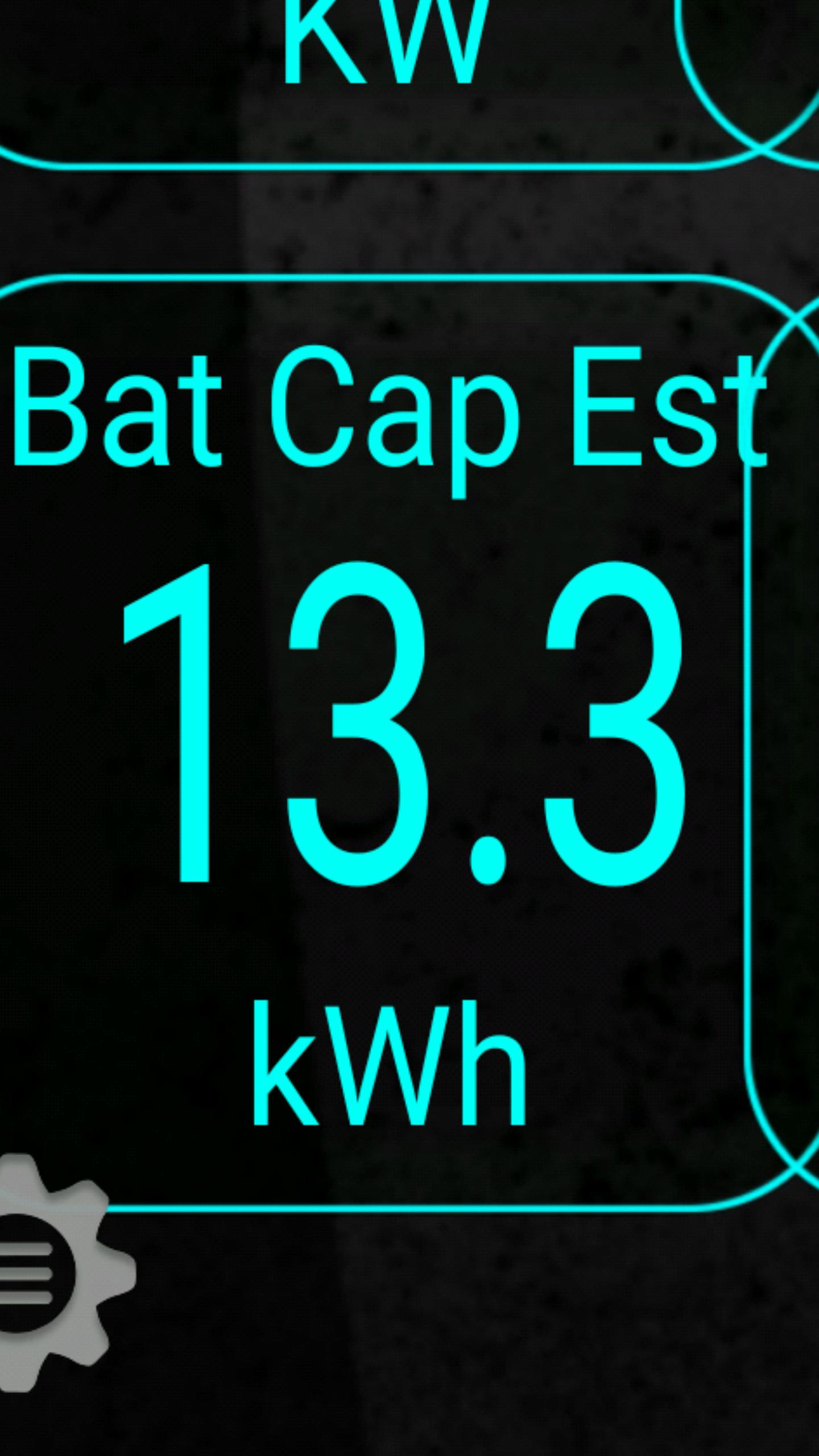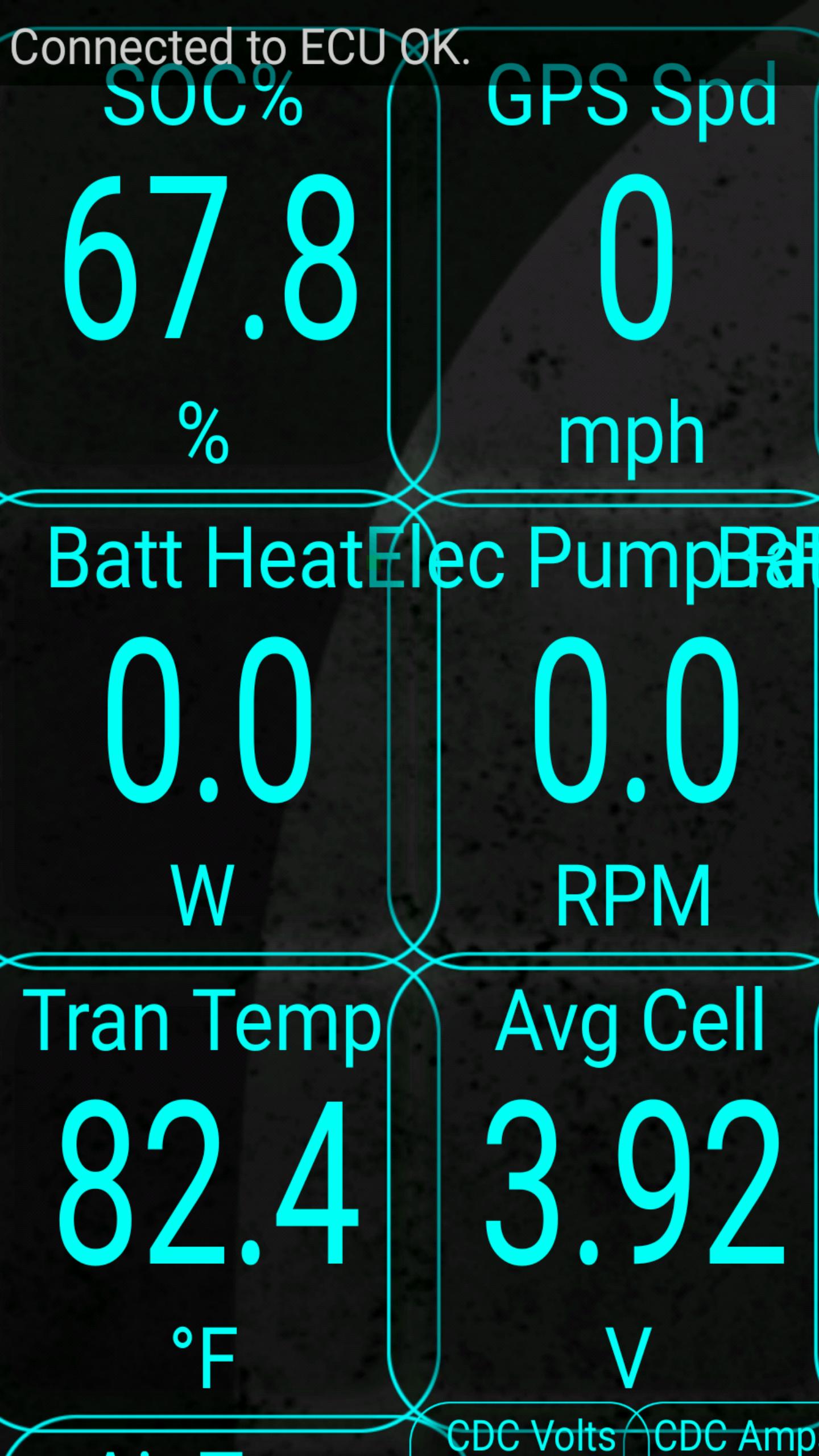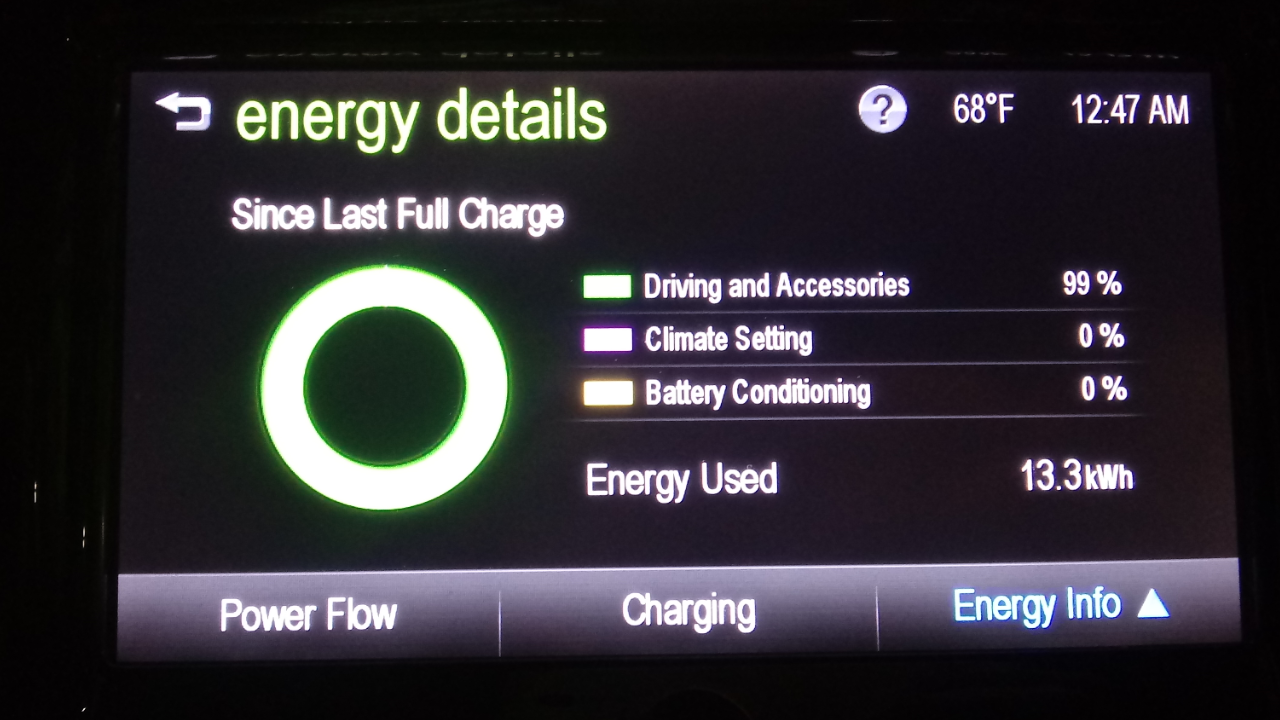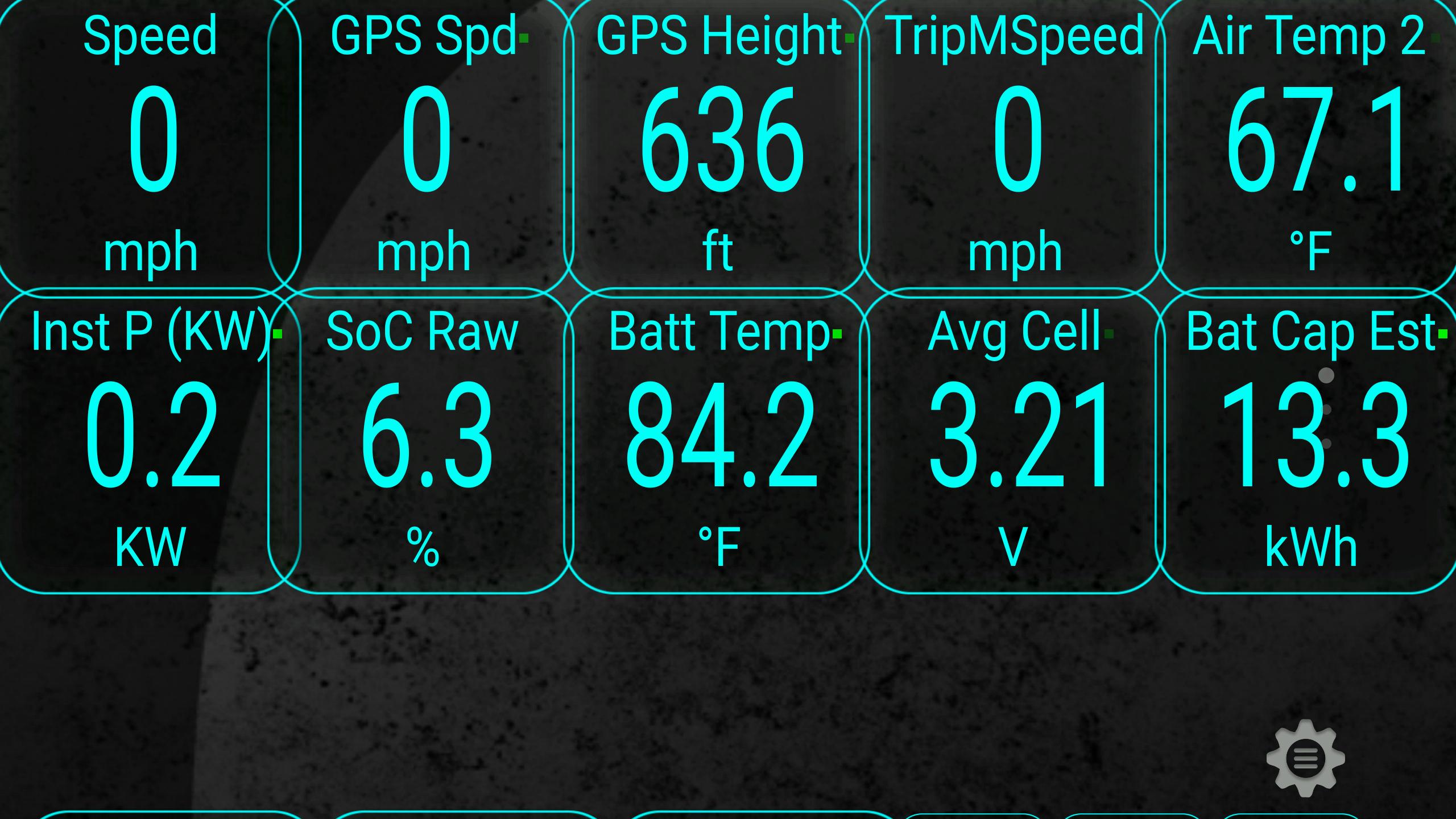MrDRMorgan said:
Has anyone started looking for or found a business that will rebuild the battery in a Spark EV?
I've thought about this a lot. I think it's likely that 30kwh could be fit in the pack, with the improvements that have been made in power density (take the leaf as a somewhat relevant example, which went from 24 to 40kwh in the same space). The challenge IMO is building a solid or "Automotive Grade" liquid cooled replacement pack and one that is going to stand up well to Spark's unusual fast charge and discharge characteristics.
With only 7,000 spark owners (for comparison there are hundreds of thousands of LEAF owners, many with even more significantly degraded packs, with little to no aftermarket solutions), I think it's unlikely this will ever happen. For the cost of a used Spark and theoretical upgraded battery, your likely knocking on, if not exceeding the cost of a newer but used Bolt EV (which also gives you 32amp AC charging, a fifth seat/more space, faster acceleration, single size rims/tires, better infotainment, etc). All that being said, I love the Spark and hope someone offers a solid but affordable option to Spark owners.




























